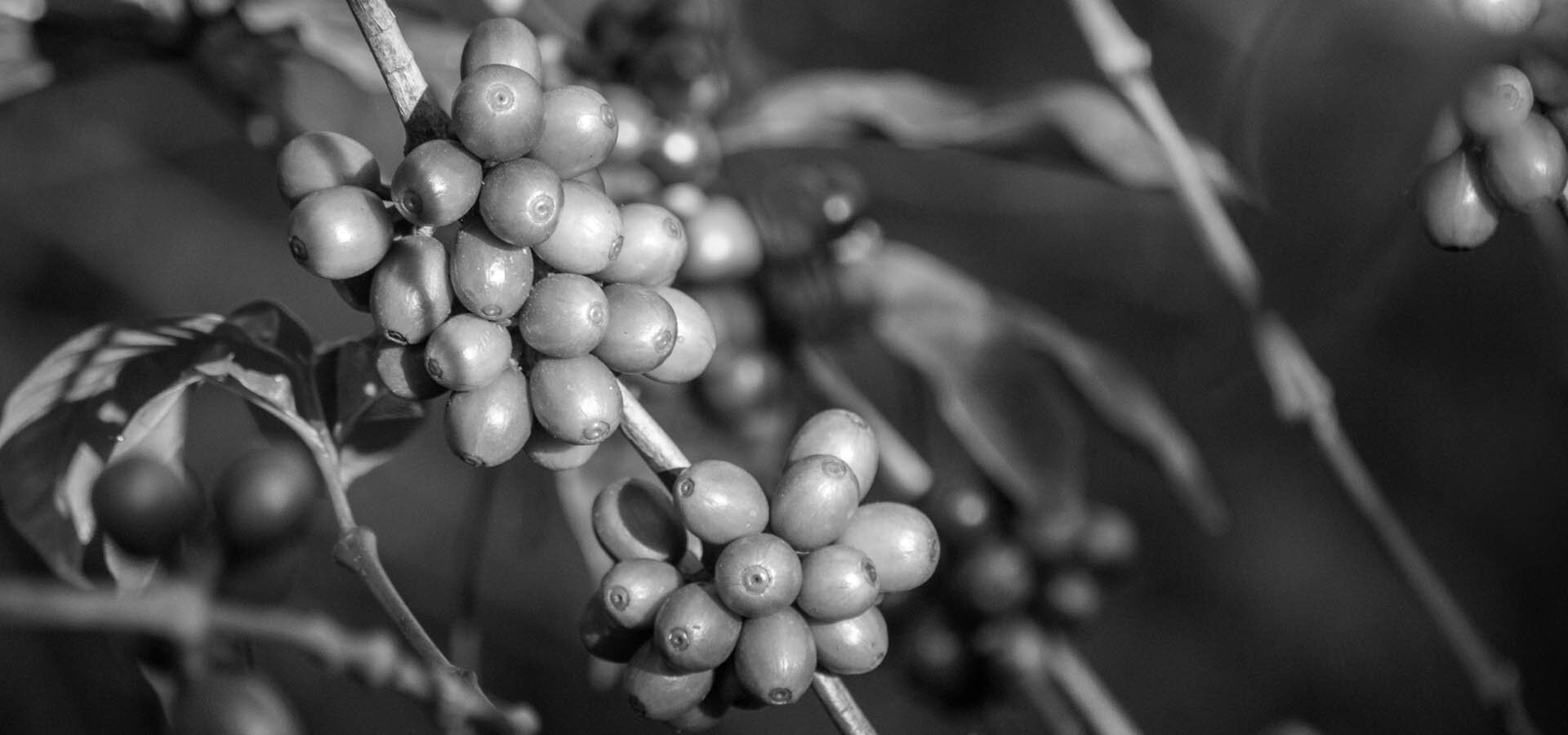Space: The Final Coffee Frontier
For paid subscribers: From the preposterous tech startup that wanted to roast coffee in space to espresso on the International Space Station, there’s a lot of coffee up there.

A white coffee cup with latte art and spoon sits atop a newspaper. Via Pixabay.
It’s the end of another week, and here in Michigan the weather has finally broken, giving a bit of respite before the inevitable return to stifling heat.
In coffee news there’s not much this week, but if you haven’t yet you might be interested in reading my interview with five Starbucks baristas about what it’s like to work for the chain during a pandemic.
Okay, let’s see what’s been going on.
This seems to be a theme in specialty coffee of late. Baristas and other workers, citing issues with the workplace, decide to unionize. In response, the company either fires them or shuts down completely.
According to reporting by Sprudge, and also by Eater LA and local news outlets, workers at Augie’s Coffee in California began unionization proceedings citing health and safety concerns on June 23rd. Then on July 4th, the company, with five locations across California’s Inland Empire, announced it was closing all its stores “indefinitely” due to the ongoing coronavirus pandemic.
Union organizers, who say they did not hear from the company between those dates, found out about the closures, along with staff, an hour before the news was made public.
Reports Sprudge, “Downsizing due to COVID concerns is something many small businesses have faced in 2020, but according to multiple former Augie’s employees, the company’s firings directly targeted staff who had signed on to unionization efforts in late June.”
Augie’s has since addressed the allegations, denying that the closures were in retaliation against the union push. However, according to union organizers, two roasting warehouse workers who supported the union were fired, while employees who did not support the union have transitioned into office and warehouse roles as the company continues roasting.
Read the full (developing) story here.
(It should also be noted that this union-busting is happening at coffee companies all over the country: this story highlights another recent case at Perks Coffee in Buffalo, NY.)
Despite Three US Closings, Stumptown Has Opened In Japan
A Coffee Chain Reveals Flaws In The Fed’s Plan To Save Main Street
SCA Announces 2020 Sustainability Award Winners

Coffee cherries on the branch
To Europe this week, where filter-brewer-coffee company Melitta, alongside sustainability certification company 4C Services and a German green investment firm, have launched a project focused on “improving working and living conditions for coffee smallholders in Colombia”.
Which is, of course, good. Investing in producing countries, helping coffee farmers—all of that is worthwhile and should be happening more often.
But this section is about greenwashing, so the question becomes, as with most of these projects: Why announce it? Why not just, you know, do it?
The answer is, I hope, obvious.
Now it’s time to point out that Melitta Group, the conglomerate which owns Melitta, had sales of €1.5 billion in 2018.
4C Services, meanwhile, has on its advisory board the head of green coffee development for Nestlé.
So there’s that.
My point here is that, while it’s good that big companies are launching sustainability projects and whatnot, that doesn’t mean they should just get the free, glowing publicity they’re obviously looking for.
Nothing new this week, health-wise, but if you’re interested in whether your love of coffee is because it’s delicious or because you just need the caffeine, this article in Sprudge delves into a new study on the subject.
Why Do Coffee Productivity Levels Vary Between Countries? by Ivan Laranjeira Petrich
Starbucks’ New Mask Policy Is The Closest Thing We Have To A National Mandate by Zac Cadwalader
Canned Coffee In Japan—A Taste Well-Traveled For by John W. Horton III
Until next week, drink good coffee. And wear your mask if you’re around other people. Please!
Deeply researched articles exploring all the ways coffee connects to politics, history, and culture—delivered direct to your inbox